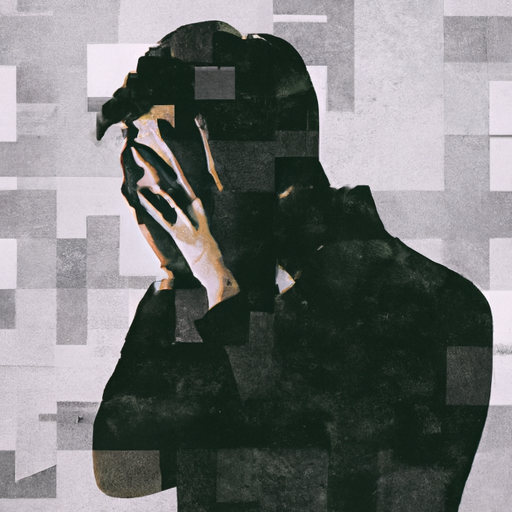Ontario’s Top Doctor Advocates for Decriminalization of Some Drugs: Addressing the Canadian Opioid Crisis
In a recent CityNews Toronto article, Dr. Kieran Moore, Ontario’s Chief Medical Officer of Health, advocated for the decriminalization of some drugs for personal use as the province grapples with a rising opioid crisis. Echoing a public health-oriented approach towards addressing the crisis, Dr. Moore emphasized the need to shift the focus from penalization towards providing support for those affected by the opioid crisis.
The Escalating Opioid Crisis
Despite the best efforts of public health officials, the opioid crisis continues to plague Canada. This crisis has been linked to diverse social and public health issues including the rise in crime, increased homeless populations, and the economic burden associated with treating opioid addiction.
The harmful effects of the opioid crisis are not limited to the users alone, as they also have a significant impact on Canada’s healthcare system and society in general. Its ramifications include increased hospitalizations due to drug overdose, a significant number of premature deaths, increased burden on healthcare resources due to the demand for drug addiction treatments, and a substantial increase in drug-related crime.
Decriminalization as a Mitigation Measure
In light of these impacts, Dr. Moore suggests that policing does not deter drug use, but it rather leads to adverse outcomes – an acknowledgment that the traditional punitive response to drug use may not be the most effective solution. Instead, he urges for a shift to a health-centric response that focuses on prevention, harm reduction, and treatment.
Specifically, Dr. Moore advocates for the decriminalization of drugs for personal use. The intent of this decriminalization is to create an environment that encourages those struggling with drug addiction to seek help without fear of legal repercussions.
Efforts to Combat the Opioid Crisis
While decriminalization is one of the efforts suggested, several other initiatives are underway to combat the opioid crisis:
- Naloxone distribution: Recognizing the life-saving potential of naloxone, the antidote to opioid overdose, there are initiatives to increase its availability in public spaces and to individuals at risk of overdose.
- Opioid Class Action: The opioid class action lawsuit known as Purdue Pharma seeks to hold drug manufacturers accountable for their role in fueling the opioid crisis.
- Increased funding for substance abuse programs: Government agencies and nonprofit organizations are also scaling up funding for substance use disorder treatments and mental health services.
- Legislative changes: Legislators are also proposing changes in drug policies, advocating for the decriminalization of certain drugs, and pushing for harm reduction strategies.
The Path Forward
While these are steps in the right direction, it is crucial that these initiatives are part of a comprehensive, integrated strategy that considers the complex factors contributing to the opioid crisis. Decriminalization is one essential element of this strategy but must be coupled with robust support and intervention programs, accessibility to treatments such as naloxone, and a commitment on the part of the pharmaceutical industry to ensure responsible marketing and distribution of opioid medications.
Conclusion: Choosing Empathy Over Blame
In conclusion, the Ontario Medical Officer of Health’s call for decriminalization of drugs for personal use is a potential game-changer in how Canada addresses its escalating opioid crisis. As a nation, it reflects a shift in attitude from punitive actions towards one of empathy, understanding, and support – a crucial component in our collective effort to stem the tide of this devastating health crisis.
Decriminalizing drugs for personal use may help to reduce the stigma associated with drug use, encouraging more individuals to come forward and seek help. However, this strategy must be coupled with sufficient support for substance abuse programs, increased access to life-saving drugs like naloxone and a willingness to re-examine and adapt our legislative and community action strategies.
The opioid crisis is a complex issue with no easy solutions. But in adopting an approach that values human dignity over punishment, we empower our communities to combat this crisis effectively, bringing us one step closer to ending the cycle of addiction.
